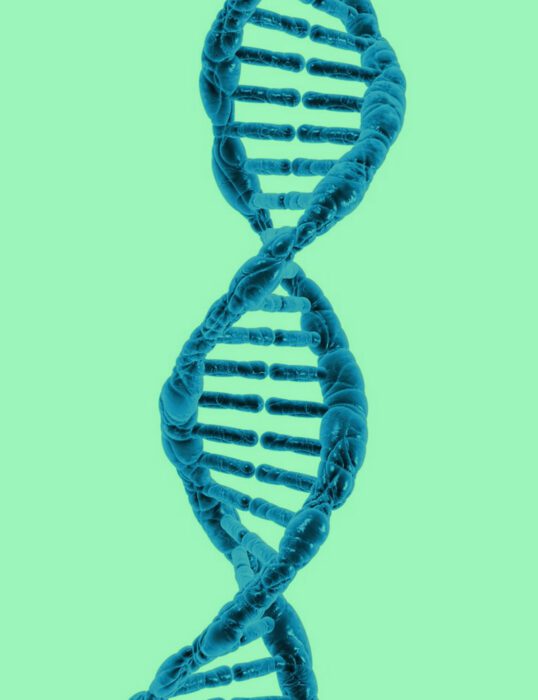You’ll use powerful computer hardware that’s capable of crunching mass data and a range of software to help build and use databases, analyse data and present findings to others. You’ll be at the forefront of developments in Artificial Intelligence and will produce your own formulas to solve problems.
Medicines, medical technology and our understanding of human and animal biology all depend on research and data. Scientists generate data from multiple sources and develop insights from the patterns the data presents.




